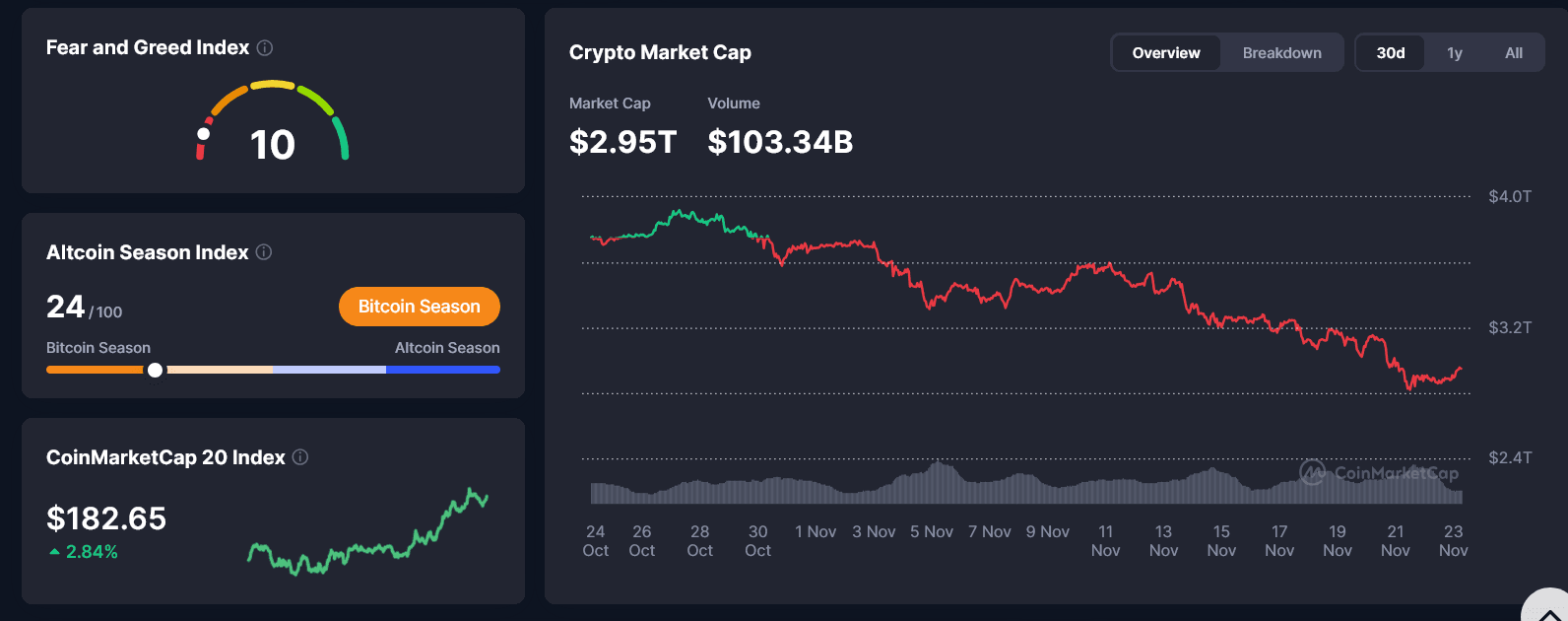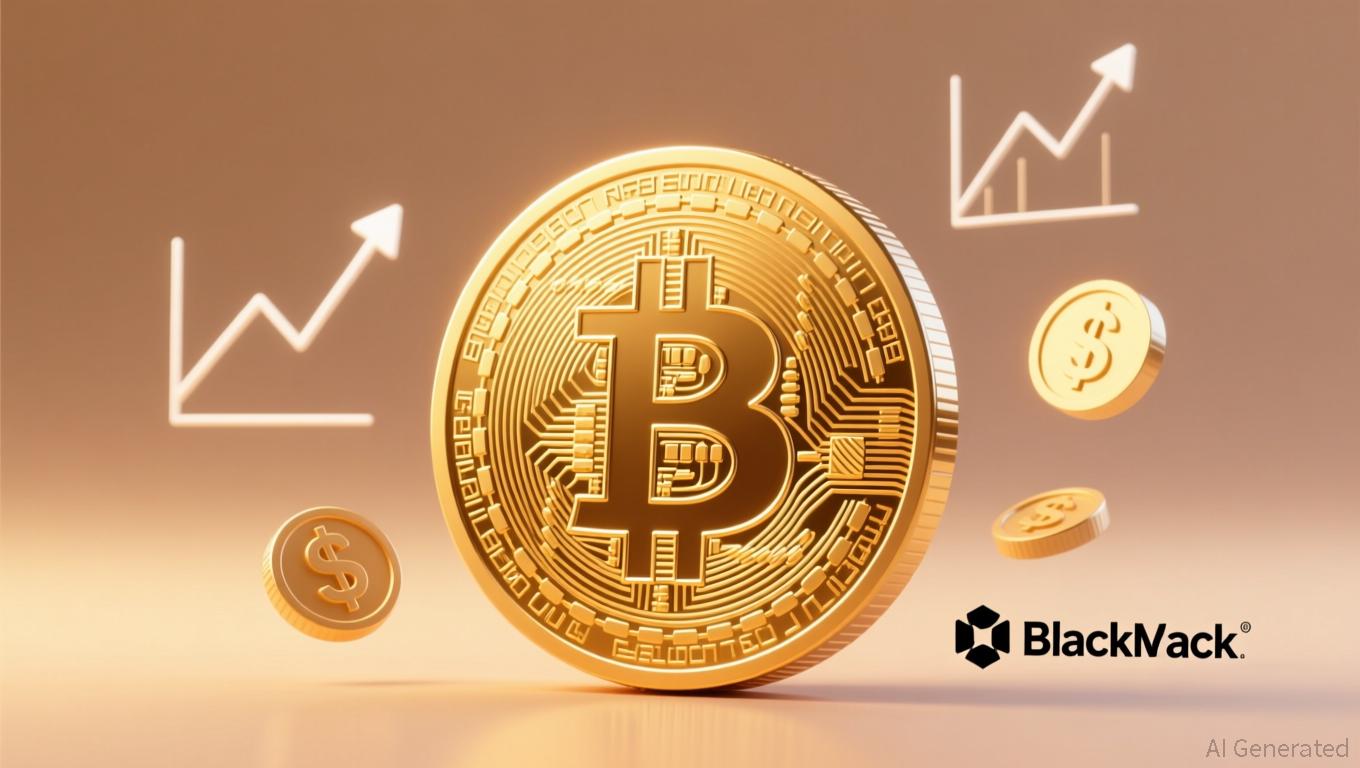VanEck Debuts Solana ETF as Grayscale Prepares Nov 24 Dogecoin ETF
Quick Take Summary is AI generated, newsroom reviewed. VSOL becomes the first major Solana ETF offering regulated staking yields. Grayscale targets November 24 for its Dogecoin ETF launch. Both ETFs drive new competition inside the crypto ETF market. These launches open more regulated paths for everyday investors to access fast-growing digital assets.References 🔥 UPDATE: VanEck’s Solana ETF VSOL is now live, offering staking yields. Meanwhile, Grayscale’s Dogecoin spot ETF could launch as early as Nov 24.
The new Solana ETF offers direct exposure to one of the fastest and most active Layer-1 ecosystems. Solana’s appeal grows due to fast transactions, low fees, and an expanding developer community. VSOL adds a new layer to this appeal by including staking yields within a compliant framework. This matters because staking rewards help investors grow holdings without leaving regulated environments.
VSOL brings simplicity to Solana exposure. Investors do not handle wallets, private keys, or on-chain transactions. They get the benefit of Solana’s performance and staking rewards through a traditional brokerage account. The ETF also signals rising institutional confidence in Solana’s long-term sustainability and network activity.
🔥 UPDATE: VanEck’s Solana ETF VSOL is now live, offering staking yields.
— Cointelegraph (@Cointelegraph) November 18, 2025
Meanwhile, Grayscale’s Dogecoin spot ETF could launch as early as Nov 24. pic.twitter.com/sx0E4KO7Pj
Grayscale accelerates Dogecoin ETF plans amid rising retail excitement
Grayscale’s upcoming Dogecoin ETF targets a different but equally powerful market segment. Dogecoin remains one of the most recognizable and culturally strong tokens. The ETF offers a regulated path for traders who want exposure without the complexity of managing crypto wallets.
The DOGE ETF could launch as early as November 24, depending on regulatory clearance. This timeline shows how fast demand grows for thematic and community-backed ETFs. While Dogecoin carries a playful identity, its liquidity, long history, and strong user base make it attractive for ETF packaging.
A regulated Dogecoin product adds legitimacy to a token often categorized as speculative. It shows how broad the crypto ETF market has become and how institutions now embrace a wider range of digital assets. If the ETF goes live on schedule, Dogecoin could see a new wave of inflows, especially from retail investors who prefer trading through traditional platforms.
Solana ETF vs Dogecoin ETF: two different strengths moving the market
Both ETFs drive excitement, but they target different kinds of investors. The Solana ETF appeals to those who want utility, network growth, and staking rewards. Solana continues to rise due to real adoption in payments, gaming, and DeFi. Staking yields offer a meaningful upside for long-term holders.
The Dogecoin ETF appeals to investors who value brand recognition and mass interest. Dogecoin thrives on community power and viral momentum. ETF approval gives that energy a regulated route, making it easier for traders to access through existing brokerage apps.
Together, these products show how the ETF landscape widens. Investors no longer choose only between Bitcoin and Ethereum. They now explore chains with strong utility, staking features, and cultural strength. As these new ETFs gather visibility, more issuers will likely follow with products tied to emerging tokens.
Conclusion
The arrival of VSOL and the expected Dogecoin ETF marks an evolution in how investors approach digital assets. Institutions now embrace networks for their speed, yield potential, or cultural influence. Retail traders gain easier access without handling wallets or navigating crypto exchanges. This shift narrows the gap between traditional finance and blockchain networks.
The Solana ETF sets a new standard with staking benefits inside an ETF wrapper. The Dogecoin ETF expands the market by giving a mainstream meme token a regulated path for investments. Together, they push more innovation into the crypto ETF market and shape what the next cycle of adoption will look like.
Disclaimer: The content of this article solely reflects the author's opinion and does not represent the platform in any capacity. This article is not intended to serve as a reference for making investment decisions.
You may also like
Bitcoin News Update: Institutions Choose Bitcoin as Protection Against Inflation, Not as a Payment Method
- BlackRock highlights rising institutional demand for Bitcoin as a "digital gold" hedge against inflation, not a payment tool. - Abu Dhabi's ADIC tripled its $517.6M stake in BlackRock's IBIT ETF, reflecting confidence in Bitcoin's long-term value preservation. - BlackRock develops a staked Ethereum ETF but faces regulatory hurdles, while crypto treasury firms like FG Nexus struggle with asset valuation pressures. - Institutional adoption accelerates globally, with Latin America expanding crypto infrastru
What's Next For the Crypto Market?

Bitcoin News Today: Bitcoin as Digital Gold, Ethereum as the Engine of Decentralized Finance: How Cryptocurrencies Are Carving Out Distinct Functions
- BlackRock executives highlight Bitcoin's shift toward "digital gold" as a long-term store of value, supported by institutional demand and fixed-supply models like Bitcoin Munari. - Ethereum's faster transaction velocity (3x BTC) reinforces its "digital oil" role, contrasting with Bitcoin's stable, passive accumulation strategy and macro-hedge appeal. - Regulatory clarity on stablecoins and blockchain transparency could deepen Bitcoin's institutional adoption while highlighting risks in altcoins like Aero

Stargate’s AI Strategy: Safeguarding the Nation or Raising Antitrust Concerns?
- Stargate, a $500B AI joint venture led by OpenAI, Oracle , and Nvidia , aims to consolidate computing power across seven gigawatt data centers in the U.S. and UAE. - Yale scholar Madhavi Singh warns the alliance violates antitrust laws by merging fierce competitors, risking cartel-like behavior and stifling innovation in chips and cloud services. - Critics argue Stargate eliminates competition in key AI sectors, while the Trump administration and lawmakers praise it as a strategic move to counter China,

